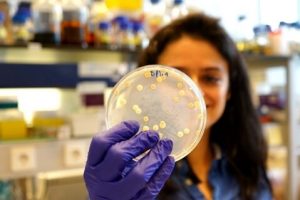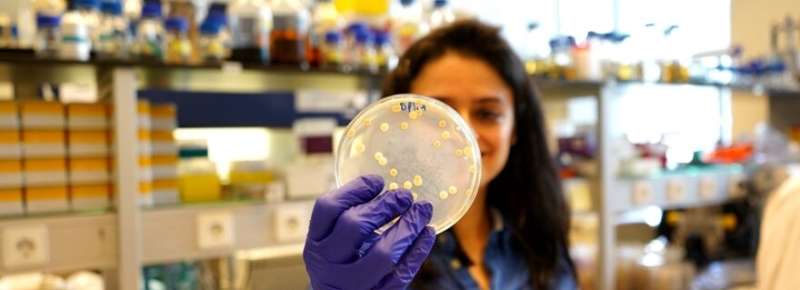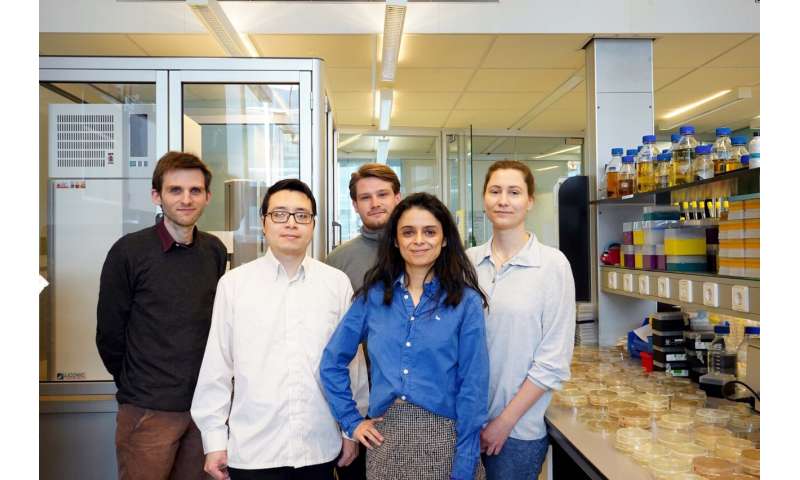Interdisciplinary team working to combat antibiotic resistance together


Antibiotic resistance is a common problem among patients. The European Project TIPAT trains pharmacologists, microbiologists and immunologists of six universities in interdisciplinary thinking. The ultimate goal is to develop better treatment guidelines to combat resistance. Coen van Hasselt of the LACDR coordinates the project. “By bringing all these researchers with different backgrounds together, very different questions are asked.”
Fifteen Ph.D. students and their supervisors from six European universities are working together to better understand and prevent antibiotic resistance. Each from their own expertise, they work on personalizing antibiotic treatments. “This requires a good understanding of the interaction between bacteria, patients and drugs.”
Van Hasselt emphasizes the importance of these different researchers working together. “Microbiology looks at what the bacteria do and how they react to the antibiotics, among other things. Immunology is about how the immune system reacts to an infection and how you can monitor that in a patient with biomarkers. And pharmacology is about the behavior of the drug itself and how it is distributed inside the body.”
Personalized antibiotics and better treatment guidelines
By combining these three disciplines, the Ph.D. students get a very different kind of training program. “In TIPAT we now train young researchers who have knowledge of microbiology, immunology and pharmacology. This allows us to ask a completely different set of questions in this project. That helps to make faster progress and actually develop better treatments.”
It’s not only about preventing resistance, but also about treating resistant infections that nowadays still kill patients too often. Van Hasselt explains that it is important to find the right dosage for each patient. “At the moment, patients are often prescribed a general antibiotic dose. There are no guidelines yet for personalized doses.”

Internships in different environments
Part of the project is also that the Ph.D. students do internships in three different environments: an industrial internship at a company, at an academic partner of TIPAT and in a hospital environment. “This gives them a better understanding of how things work in the patient’s environment or in a company that develops medicines.”
Visiting all over
The group of Ph.D. students and supervisors meet frequently in online meetings. The research groups present their progress and organize online training courses. Twice a year, a summer or winter school is organized. “Due to corona, the previous two were online, but in the spring, all Ph.D. students come to Leiden for the first time, and in the summer we go to Sweden with the whole group.”
But it is not always just about antibiotics. A meeting about entrepreneurship is also planned. “When you want to bring a discovery made in the lab to the hospital, it often means starting a business. These are things that a Ph.D. student does not normally learn during their studies.”
https://youtube.com/watch?v=cGwcaHHGQyI%3Fcolor%3Dwhite
A network for the future
Source: Read Full Article



